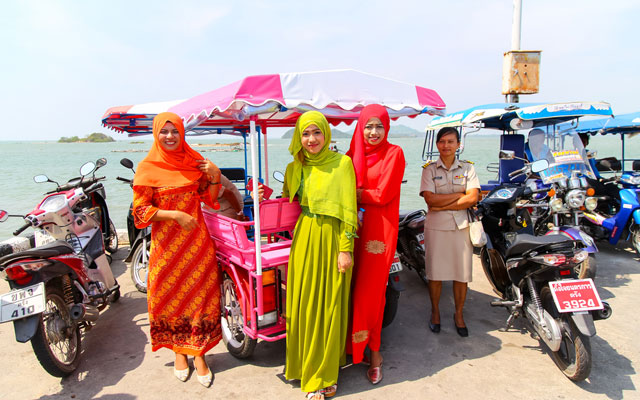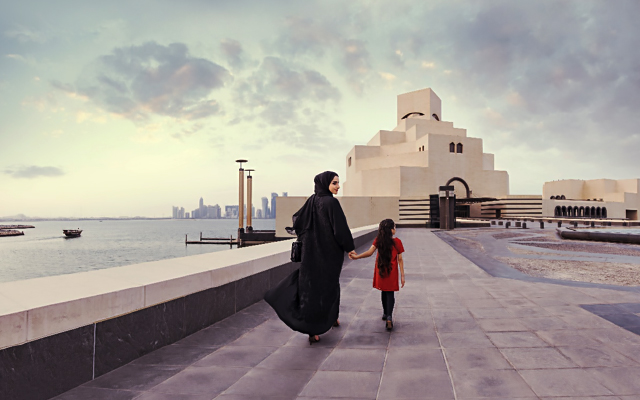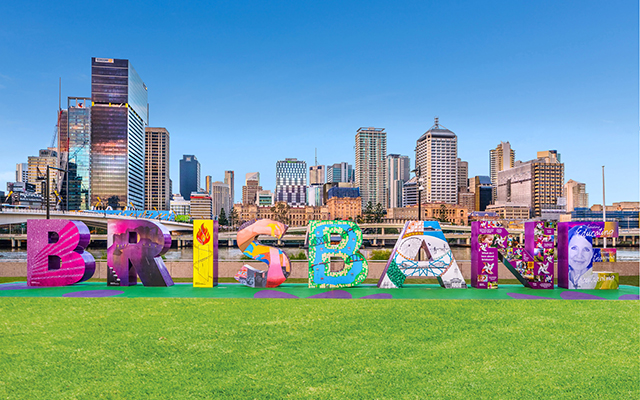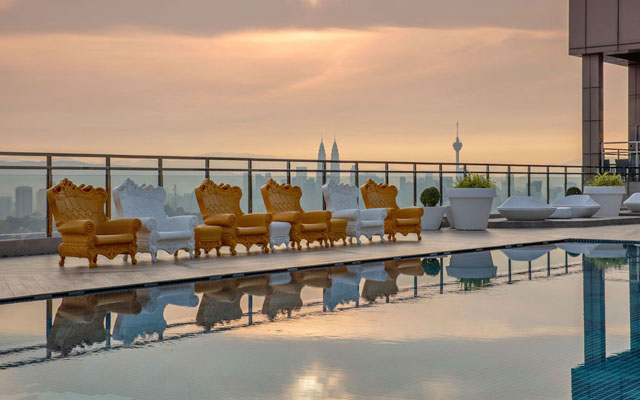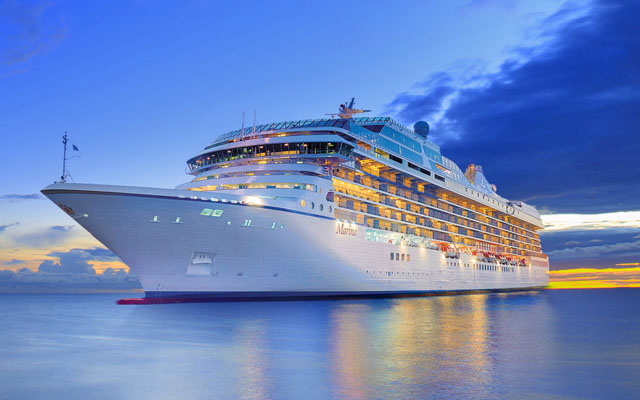The halal travel segment is proving to be an industry-shaping force, with Muslim travellers projected to spend US$157 billion by 2020, among the findings revealed at the in Dubai earlier this week.
Also released at the summit are figures that show that Muslim travel spend is driven by millennial travellers, and that Saudi Arabia remains the top performing market, set to grow 17 per cent over the next three years alone to reach US$27.9 billion.
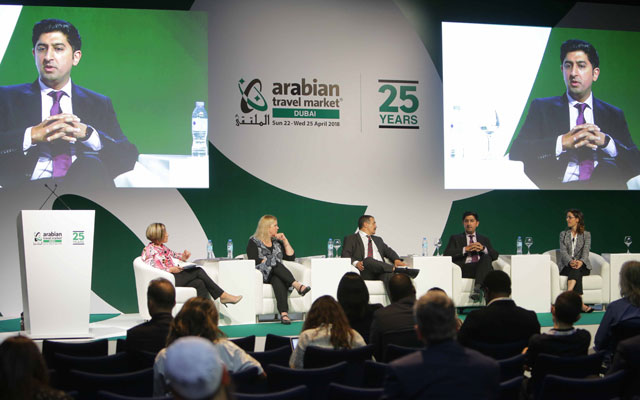
Faeez Fadhlillah, founder and CEO of Salam Standard and Tripfez, said: “The biggest countries and some of the fastest-growing economies in the world are found in Asia and the Middle East. These regions typically have large Muslim populations which are young with prosperous middle classes.
He added that second- and third-generation Muslim communities in developed economies such as Europe and North America now have far more purchasing power, generating increased demand for faith-based travel and tourism.
Omar Ahmed, founder and CEO of Sociable Earth, shared: “Certainly, the halal travel market has graduated from its niche status to become an industry-shaping force, in its own right. It has become mainstream.”
“It is also clear that mainstream travel and tourism organisations will now have to become far more pro-active if they want to attract increasing numbers of halal travellers and tap into the potential of this massive market.”
Meanwhile, the panel agreed that halal travel has many facets and meant different things to different people depending on their own Islamic values.
Ahmed shared that Sociable Earth is focusing efforts on niche areas such as Muslim solo travel and also hijab-free holidays. “Our data shows huge potential for women travelling together in groups to enjoy hijab-free holidays and experiences, a trend that we feel will become increasingly popular.”

Moreover, the panel observed that often destinations were in fact halal friendly without realising it. Tamara Tawil, market manager, Geneva Tourism, said this is where many European destinations go wrong, adding that they just need to communicate more effectively.
“Muslim travellers want new experiences, so destinations should illustrate that. They certainly don’t want to see stereotypical images that remind them of home. It’s a fine line,” she said.
According to a Sociable Earth survey of 35,000 travellers, key ways non-Muslim countries can attract Muslim guests include through providing a variety of halal food in the hotel (61.3 per cent), list nearby mosques (61.1 per cent) and halal restaurants (55.2 per cent), and offer private pool villas (14 per cent).

